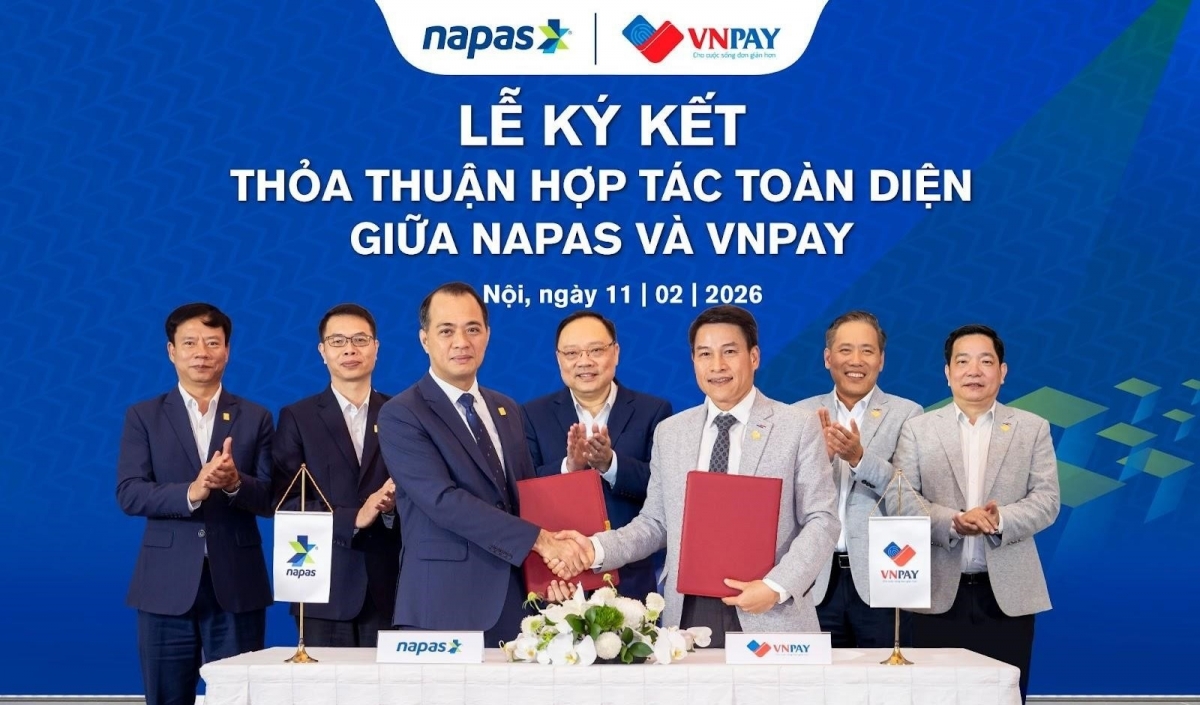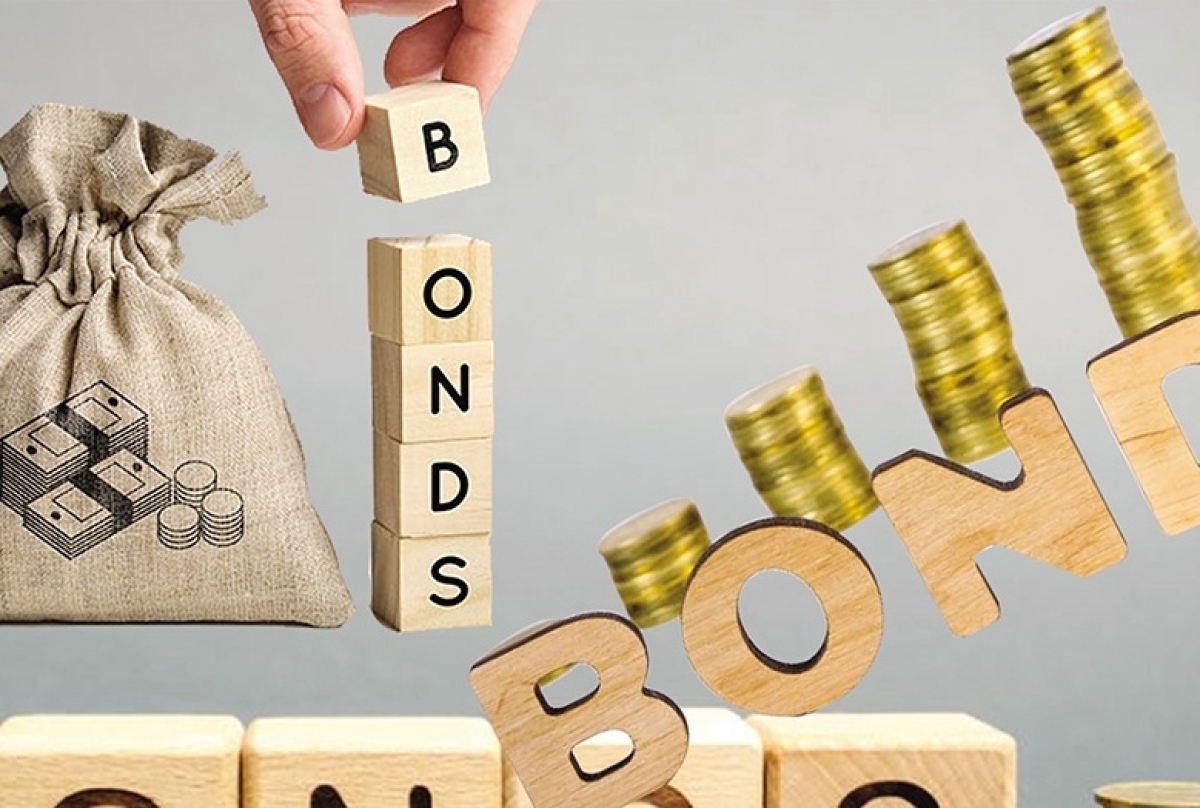INTERNATIONAL INVESTMENT
AND PORTAL
The opportunities and challenges presented by operating a carbon credit market in Ho Chi Minh City in line with the World Bank were the main talking points of a meeting on January 24 between Chairman of Ho Chi Minh City People's Committee Phan Van Mai and World Bank experts at an investment conference centred around green growth on January 24.
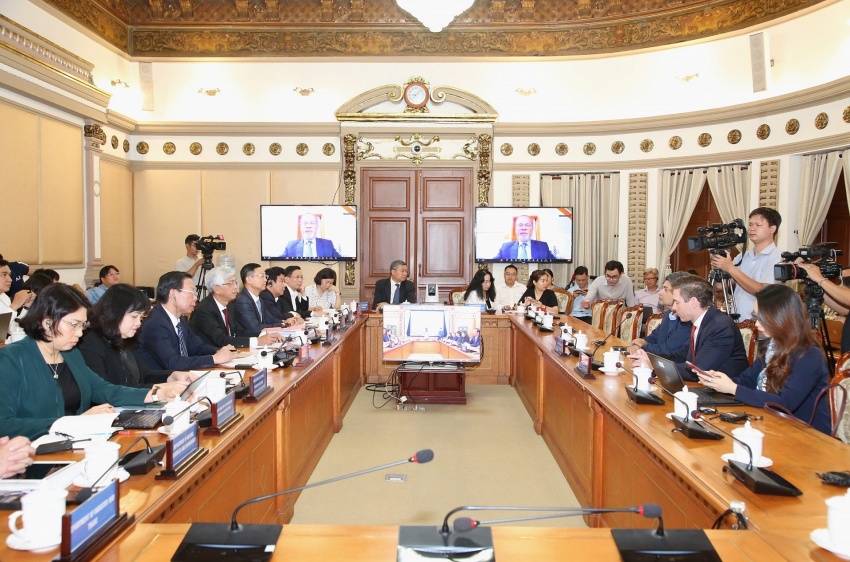
The World Bank has spent the last six months promoting the development of the carbon market as an issue of serious concern.
“At a recent meeting of national leaders in Dubai, chairman of the World Bank stated that carbon markets are an important resource to entice private finance globally and to finance developing countries like Vietnam," said Chandra Sinha, global chief climate finance expert, "This requires the participation of governments to implement the goals of the Paris conference on climate change."
Sinha also revealed that the World Bank is working with partners in Ho Chi Minh City to find opportunities for funding sources to transition to low-carbon development.
“The chairman of the World Bank sent an official letter inviting Prime Minister Pham Minh Chinh to participate in the carbon credit market at the national, provincial and city levels - wherever there is potential,” he said.
Carolyn Turk, World Bank country director in Vietnam, said, "The development of the carbon market changes every day, so the city needs up-to-date information from the World Bank about market movements and to act quickly to catch up with market trends."
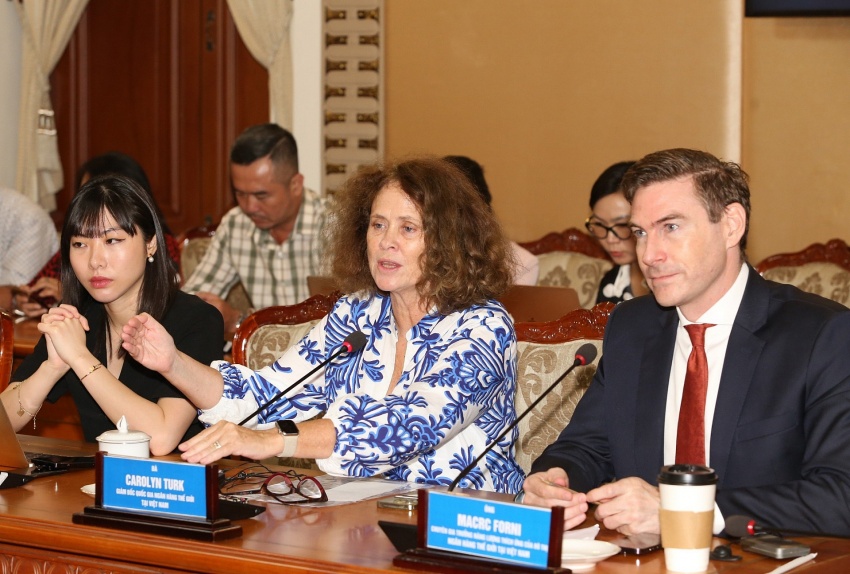
Darryl Dong, business development director, International Finance Company (IFC) said, "The IFC is interested in Ho Chi Minh City and will help the city mobilise resources from the private sector as well as guide institutional changes to implement green growth projects."
IFC will also support the city in decarbonising and creating global partnerships to provide the city with sustainable financial resources to implement such projects.
Chairman Mai said, “We would like the World Bank to provide more details on identifying types of carbon credits and focus on building an overall framework for the city to enable trading on the international market.”
“The city will promote communication for businesses to accept and apply standards, and offer support to improve capacity, convert technology, and help business owners understand the system,” Mai said.
In addition to the external investment, he said the city will also spend part of its budget to mobilise large financial resources, attracting investment in sci-tech and innovation.
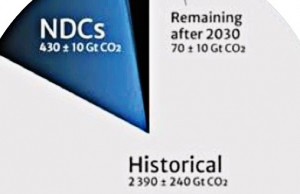 Putting the carbon market to work
Putting the carbon market to work
The Paris Agreement, adopted in 2015, represents a historic global effort to combat climate change with the primary goal is to limit global warming to well below 2°C above pre-industrial levels, with an aspiration to keep it within 1.5°C. Achieving this ambitious goal is contingent on the collective efforts of nations to reduce greenhouse gas (GHG) emissions.
 Getting Vietnam’s carbon market framework ready
Getting Vietnam’s carbon market framework ready
A mandatory carbon market in Vietnam has been in the spotlight ever since the country vowed to reach net-zero emissions by mid-century a couple of years ago.
By Bich Ngoc


